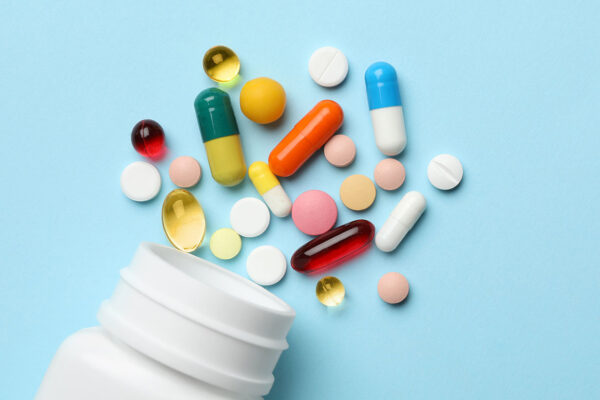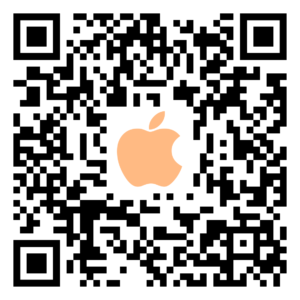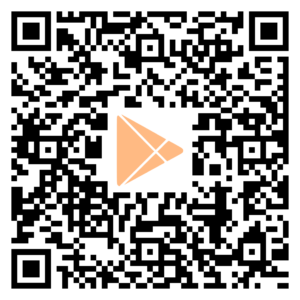 In the ever-evolving landscape of pharmaceuticals, drug recalls represent a critical crisis where patient safety and the intricate dance between therapeutic benefits and potential risks meet. Recent years have witnessed a surge in drug recalls, prompting extensive discussions about their profound impact on public health.
In the ever-evolving landscape of pharmaceuticals, drug recalls represent a critical crisis where patient safety and the intricate dance between therapeutic benefits and potential risks meet. Recent years have witnessed a surge in drug recalls, prompting extensive discussions about their profound impact on public health.
The term “drug recalls” carries weighty implications, signifying the removal of a pharmaceutical product from the market. These recalls can either be voluntary actions taken by pharmaceutical companies or initiated by regulatory agencies such as the FDA. To comprehend the difficulties, it’s essential to explore the types of recalls and their distinct characteristics.
Types of Drug Recalls:
- Voluntary Recalls: These are initiated by manufacturers or distributors when they discover a problem with a drug, whether related to manufacturing, quality control, or safety concerns.
- FDA-Initiated Recalls: Imposed by the FDA when a pharmaceutical product poses a significant health risk that necessitates removal from the market.
Causes of Drug Recalls:
- Manufacturing Issues: Glitches in the production process leading to compromised drug quality and safety.
- Quality Control Problems: The pivotal role of robust quality assurance measures in preventing recalls.
- Adverse Effects and Safety Concerns: Instances where unforeseen side effects prompt recalls, underlining the delicate balance between therapeutic benefits and potential harm.
In the complex world of drug recalls, patient safety emerges as the principal concern. Instances of drug recalls can pose immediate risks to individuals, emphasizing the delicate balance between the benefits and potential harm associated with pharmaceuticals.
Patient Safety: Analyzing immediate risks posed by drug recalls, understanding the potential harm to patients, and assessing the delicate balance between therapeutic benefits and risks. Examining high-profile cases where patient harm was averted or occurred due to recalls, offering insights into the crucial role of swift and effective responses.
Trust in the Pharmaceutical Industry: Exploring the loss of public trust in pharmaceutical companies due to frequent recalls, shedding light on the importance of transparency, communication, and accountability during recall events. Emphasizing the necessity for pharmaceutical companies to prioritize patient safety to rebuild and maintain public trust.
Drug recalls are a common occurrence due to various factors that can emerge post-approval, despite rigorous testing during clinical trials. The FDA approves prescription drugs based on safety and efficacy data from clinical trials. However, rare side effects may not surface until a larger population has taken the drug. Clinical trials often involve healthier subjects, and as drugs reach the general population, older and less healthy individuals may experience different outcomes.
Manufacturing issues can also contribute to drug recalls, introducing safety risks that were not present during initial testing. Problems such as bacterial contamination, incorrect labeling, and improper storage can turn a safe drug into a harmful one. Additionally, unethical practices by drug makers, such as the inclusion of undisclosed prescription drugs in over-the-counter supplements, have led to recalls, highlighting the need for ongoing oversight and regulation to ensure consumer safety. The complexity of these factors underscores the challenges in maintaining drug safety throughout their lifecycle.
Recent Recalls
The Sedgwick 2023 State of the Nation Recall Index reported a significant increase in drug recalls in 2022, reaching a five-year high in defective pharmaceutical units. Sterility became the primary cause of recalls for the first time in over six years. January 2023 witnessed a notable rise in both the number of drug recalls and recalled units compared to the Q4 2022 monthly average.
The leading cause of drug recalls during this period was contamination, which consistently dominated the list of recall events. Microbial contamination recalls involved various drug products like oral suspensions, ointments, and eye drops, featuring microbial species such as Bacillus cereus, Burkholderia gladioli, Bacillus licheniformis, Bacillus sonorensis, Gluconacetobacter liquefaciens, and Providencia rettgeri. This highlights the critical importance of maintaining proper sterility and quality control in drug manufacturing and storage.
Chemical contamination recalls were also prevalent in 2022 and early 2023, with instances such as the FDA recalling products due to methanol detection in hand sanitizers. Other cases included the presence of undeclared pharmaceutical ingredients like sildenafil and tadalafil in dietary supplements. The FDA has intensified its enforcement against nitrosamine impurities and other potential contaminants in drugs in recent years.
Hidden components in pharmaceutical items have been a recurring problem in recent times. Numerous products have faced recalls due to the inclusion of undisclosed ingredients. For instance, in February 2023, PrimeZEN withdrew its Black 6000 male enhancement capsules from the market as they were found to contain undisclosed tadalafil and sildenafil. Similarly, in August 2022, Launch Sequence recalled Aphrodisia and Euphoria capsules due to the presence of undisclosed tadalafil. Last July, the FDA issued warning letters to four companies for unlawfully promoting honey-based products that contained undisclosed active drug ingredients present in erectile dysfunction drugs. The FDA emphasized that it verified the existence of contaminants in these products through laboratory testing.
View the current list of voluntary drug recalls that have been officially communicated to the public by the FDA.
In an effort to navigate the intricate landscape of drug recalls, implementing preventive measures and fostering collaboration are essential.
Preventive Measures: Exploring strategies to minimize the occurrence of recalls, including advancements in manufacturing technologies, quality control protocols, and surveillance systems. Discussing the role of advanced technologies such as blockchain and artificial intelligence in enhancing drug safety and preventing recalls.
Rapid Response Protocols: Proposing protocols for swift responses to emerging safety concerns, emphasizing the need for collaboration between regulators, manufacturers, and healthcare providers. Highlighting the importance of real-time communication during recalls to mitigate potential harm and ensure a coordinated response.
Staying informed about the medicines you use is crucial for ensuring your safety and well-being. Practical measures include signing up for alerts from the FDA regarding recalls, market withdrawals, and safety alerts. When filling prescriptions, carefully inspect your medication for any signs of discoloration, crumbling, or unusual odors. If you suspect an issue, contact your pharmacist or prescribing healthcare professional and report problems to the FDA.
In the event of a drug recall, check the lot number on your medication’s package to determine if your supply is affected. High-risk recalls (Class I) should prompt immediate consultation with your doctor, who can provide guidance and suggest safe alternatives if available. Recall notices will also specify whether the medicine can be replaced or if reimbursement is possible. If instructed to dispose of medication, do so safely.
To further reduce potential exposure to recalled drugs, consider taking fewer medications. Regularly review your medication list with your doctor, ensuring you only take what is necessary for your health. This proactive approach can contribute to a safer and more informed medication management process.
In the delicate dance between pharmaceutical innovation and patient safety, drug recalls emerge as crucial checkpoints. By understanding the complexities surrounding drug recalls, implementing preventive measures, and fostering transparency, stakeholders can collectively strive for a healthcare landscape that prioritizes patient safety above all.
MyCabinet offers a comprehensive solution for medication management, empowering users to keep all their medications in one centralized place. This not only enhances convenience but also plays a crucial role in ensuring user safety, particularly in times of drug recalls. With the ability to receive timely alerts and notifications, users can quickly remove and modification their medication list. MyCabinet’s user-friendly interface and robust features provide a seamless experience, contributing to a proactive approach to healthcare management and promoting overall well-being.
SOURCES:
- https://www.fda.gov/drugs/drug-safety-and-availability/drug-recalls
- https://www.health.harvard.edu/blog/drug-recalls-are-common-202303292907
- Drug recalls in 2022-2023: Contamination and sterility concerns key (pharmaceuticalprocessingworld.com)
- https://www.fda.gov/drugs/drug-safety-and-availability/drug-recalls




